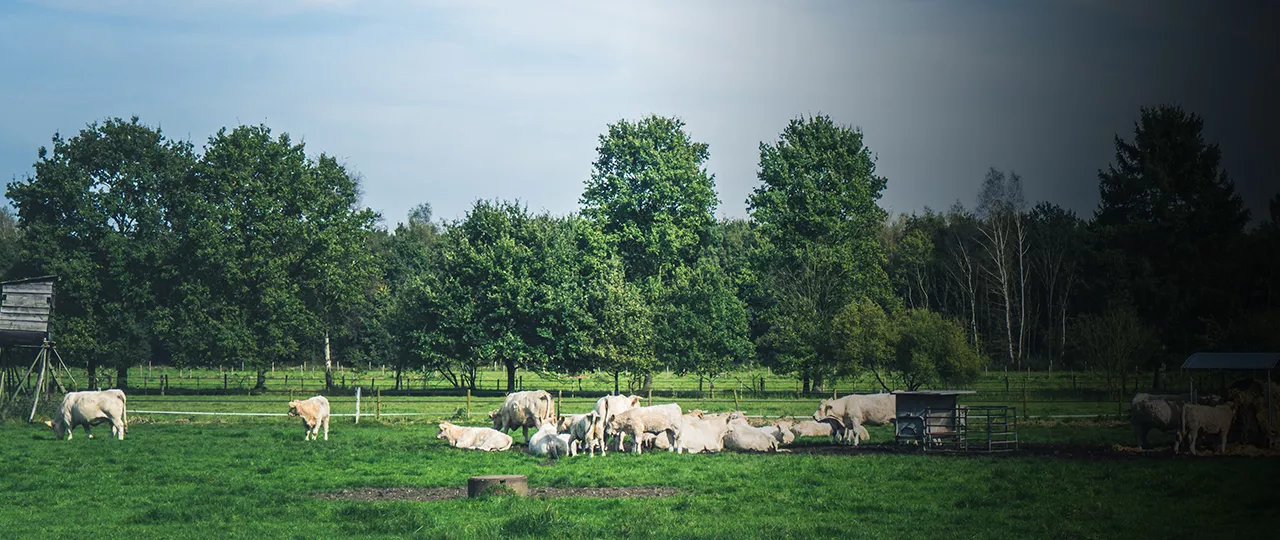
Jason Beedell
Director, Research


Director, Research

Health and Harmony: consultation on the future for food, farming and the environment
DEFRA has published its long-awaited consultation paper on the future for food, farming and the environment outlining its vision for what it deems a “green Brexit”. There are no big surprises in the document given much of the content had been heavily trailed by DEFRA Secretary of State Michael Gove during recent speeches. The key points are:
Our detailed summary of the proposals will be published shortly; it includes six actions that farmers can take now to prepare. Please contact Will Gemmill if you would like to discuss the potential impact on your business.
Brexit: Gove asked what happens to farming trade if there is no deal
The House of Lords European Union Committee has asked Michael Gove a series of questions on what would happen to slaughterhouses, pesticides, plant seed rights and food law if there is no deal and no agreement on mutual recognition. Its questions are good ones!
Labour publishes its animal welfare plan
One of the key proposals is introducing an Animal Welfare Commissioner to ensure that all policy affecting animals is based on the latest scientific evidence on animal sentience and best practice; they would also ensure that welfare standards are not reduced due to Brexit. The plan also proposes:
The plan has been widely welcomed by animal charities.
Joint letter from food sector calls for free and frictionless trade
A joint-industry letter signed by 36 organisations has set out what a successful Brexit means to the food sector. The letter calls on the Government to maintain free and frictionless trade with the EU, including maintaining the benefits of existing EU preferential trade arrangements, at least until they can be replaced; ensure access to an adequate supply of permanent and seasonal labour; and to ensure businesses operate under an efficient and proportionate regulatory system, centred on scientific evaluation, which incentivises innovation and competitiveness.
Macron promises radical transformation of French farming
Saying that over 40% of the current farmers would be retired soon, he called on the next generation to invest in new buildings, invest in technology to cut the use of pesticides, grow more organically and to invest in diversification projects. Some of the funding will be through state-backed credit investment in animal welfare, food security and the organic sector. He restated his opposition to imports of hormone-produced beef and to banning glyphosate – ‘Give me the report that tells me that glyphosate is a good thing’. He also said that he would control foreign investment in farmland which is, he said, a strategic national asset.
Neonicotinoids: EFSA report confirms risks to bees
The European Food Safety Authority (EFSA) has published an updated risk assessment, based on a review of hundreds of studies, that confirms that most uses of the pesticides represent a risk to wild bees and honeybees, so supporting the EC’s (and UK’s) intention to widen the ban on their use outdoors. Chemical companies have criticised the EFSA’s assessment, saying that it is contrary to assessments made by environmental agencies in the US and Canada.
Prime Minister announces reforms to National Planning Policy – focussed on housing
The Prime Minister said that young people without family wealth are "right to be angry" at not being able to buy a home, so many of the key measures announced relate to housing:
The Government also published documents on Section 106 and the Community Infrastructure Levy in England, the Housing Delivery Test and Draft Guidance for Viability. The consultation on the revised NPPF runs until 10 May 2018, with the revised framework published this summer. Please contact Mike Robinson if you would like to discuss.
Scotland: new Climate Change Plan published
The Plan aims to cut greenhouse gas emissions by 66% in the next 15 years, in order to meet Scotland’s statutory and international climate obligations. It includes policies for cutting emissions from farming, as well as energy, transport, heating and the building sectors. The actions for land use include more peatland restoration; more woodland planting; a move to low carbon farming practices (which will use carbon audits), including better use of fertiliser, precision farming and use of renewable energy, so that farming emissions are cut by 9% by 2032.
Woodland Improvement Grant open for applications until 13 April
This funding can only be applied for if you have a woodland management plan approved by the Forestry Commission or have already submitted a plan for approval. For further details or to make an application, please contact Mike Tustin.
Annual Tax on Enveloped Dwellings (ATED) reminder
ATED is an annual tax payable mainly by companies that own UK residential property valued at more than £500,000. ATED returns and tax payments need to be made by 30 April 2018. Please contact Jonathan Smith if you would like to discuss.